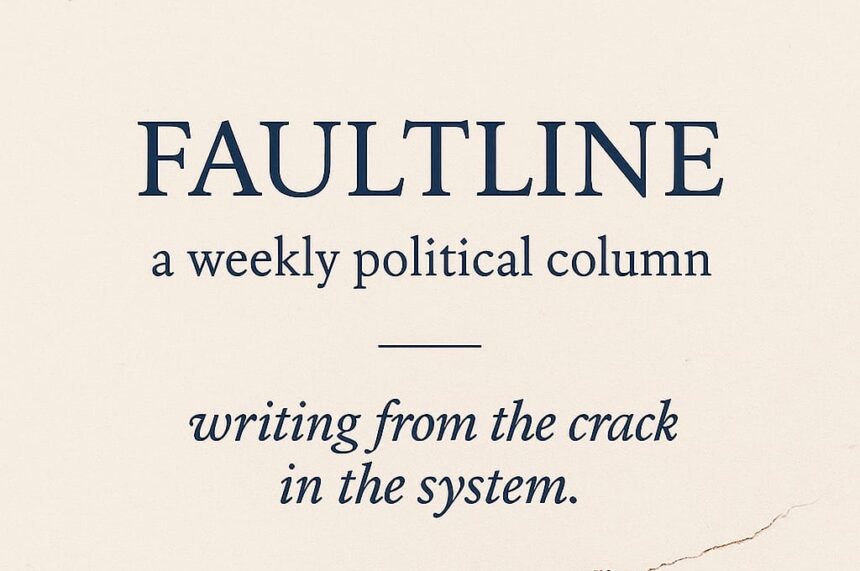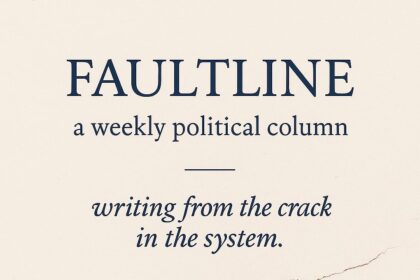Edward Said once wrote that exile is not just about separation, but the way it sharpens memory. To love Pakistan, then, is to live in a constant state of exile, even when you don’t leave. This love, in its most enduring form, is a kind of repetition—one that demands radical sacrifice: to return even after the ruin.
I have loved Pakistan before I have known it. Through its civil disobedience, moral subjugation, and class disparity cosplaying as social fabric, there has been a single route towards what one would otherwise label a paramour’s dream. Even within the load-shedding blackouts and War on Terror bombings, this country has possessed the unique ability to provide a silver lining, one that is ubiquitously our own: the delusion that survival here is not just possible, but noble.
To describe this country without the bulging Messiah complex inhabiting its residents is unjust. A conversation with any citizen—at any random point—will reveal that Pakistanis choose to remain optimistic (in an almost toxic way) despite the everyday experiences that define their lives, from living under totalitarian rule to the quiet acknowledgement of never being able to declare economic security. Even something as profoundly simple as a walkable community has become a luxury. But it is this exact exclusivity that paves the way for genuine joy to surround the everyday Pakistani, one that is rooted in an almost primitive sense of desire to live.
It is this passion for life that seeps through every doubt about identity, belonging, and what womanhood does to a person in exile. To love Pakistan is, therefore, to reckon with its contradictions. How culture governs religion more than the latter influences life, how the butterfly effect of every state policy somehow always befalls the denigrated minorities we are conditioned regularly on national television to marginalise, or how the perception of my selfhood is blotted with cognitive biases before I have learned how to discern myself.
For those of us who will not leave, nationalism rarely spares a room. We are not patriots in the conventional sense of the word, because it demands surrendering to an ideological utopia that is manipulated to change lives each day. We do not believe in allegiance to the state, but to the idea that our people deserve better.
In a way, there is a cyclic grief involved in this process. The betrayal of a secular dream, the commodification of safety into an exportable state of mind, the perpetual uncertainty between reform and revolt, and the quiet auction of our lives, while still being told to be grateful.
But there is also a generosity in this country that capitalism cannot buy. It shifts between moral fatigue and emotional stubbornness, all the while pointing to the same desires: to build, to breathe, to make a permanent mark unscarred by past indolences or future compromises; one that is entirely, unequivocally Pakistani.
To love Pakistan is to be in a constant state of negotiation, both with power and memory. It demands a rage that is not Romantic or clean. It is rarely safe; it does not ask to be understood, only endured. But it is, after all, love. Not out of nostalgia, or duty, but the realisation that a country that aches this beautifully must be capable of healing.
What is love, if not the audacity to stay?





